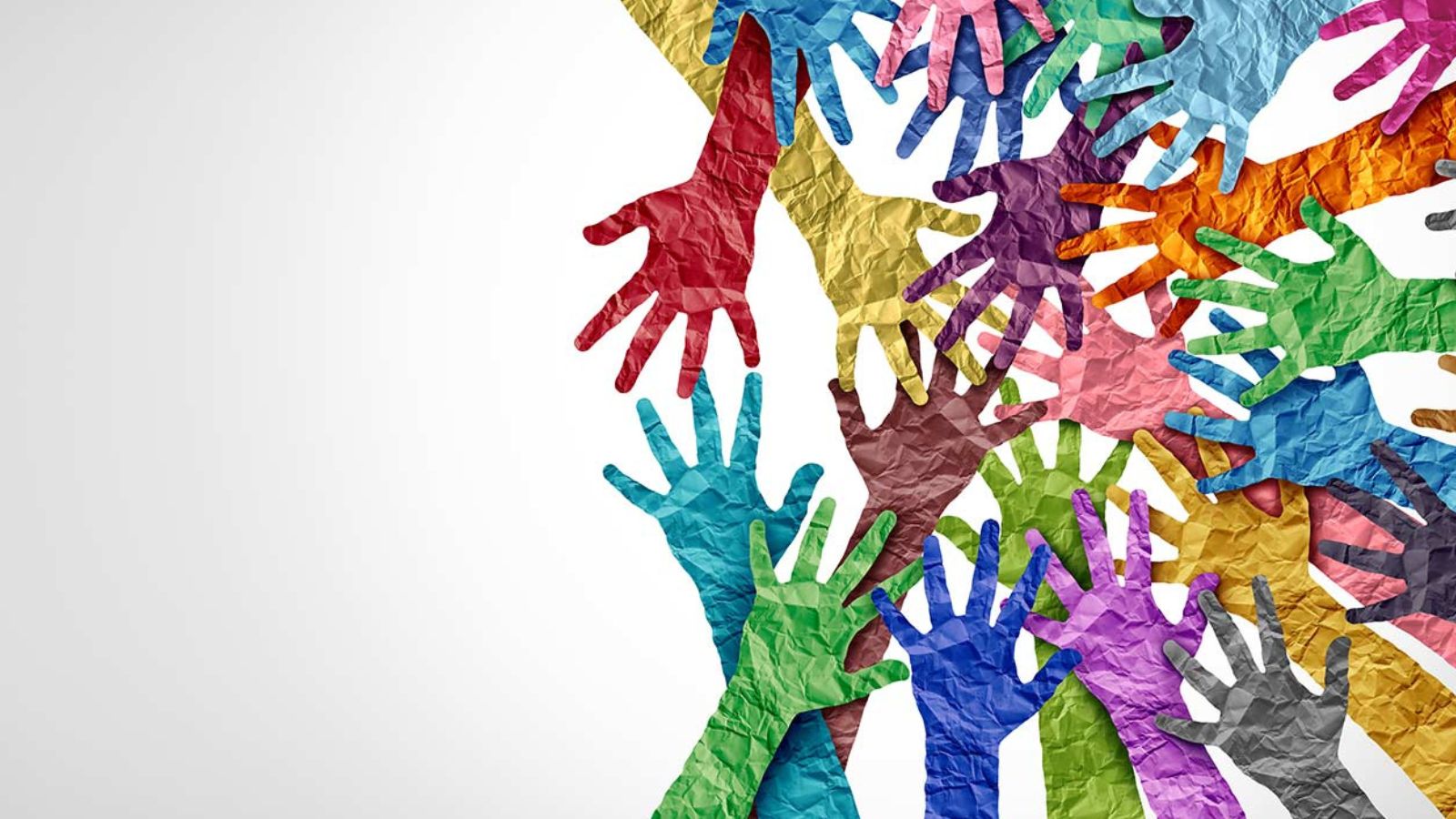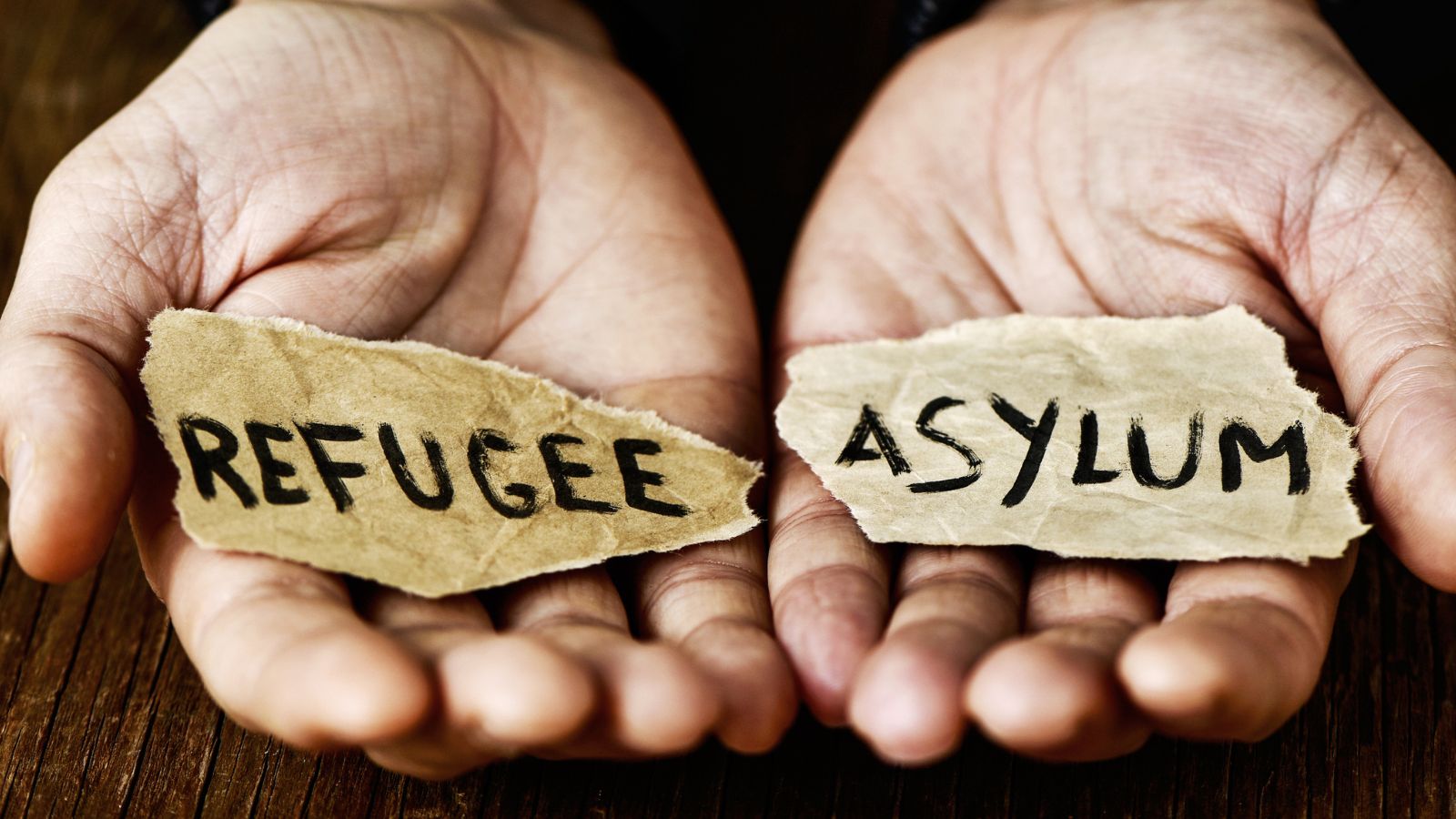Canada’s identity is built on values that prioritize inclusion, fairness, and responsibility. These principles are now resonating well beyond their borders. From championing multiculturalism and gender equality to leading ethical innovation and sustainable development, Canadian values are shaping how the world addresses modern challenges. Governments, institutions, and communities worldwide are increasingly looking to Canada for practical and balanced solutions. Here are 22 ways Canadian values are shaping the 21st century and why they matter today.
Promoting Multiculturalism Worldwide

Canada has built its national identity on multicultural values, officially adopting multiculturalism as policy in 1971. Today, this approach serves as a global model for integrating diversity into public life without compromising social harmony. Over 23% of Canada’s population is foreign-born, making it one of the most immigrant-friendly countries in the world. This inclusive model is influencing immigration policies in countries across Europe and Oceania. By promoting coexistence and mutual respect among various cultures, Canada is helping shape a more tolerant and cooperative global society.
Advancing Gender Equality in Policy and Practice

Canada consistently ranks among the top countries for gender equality, backed by national legislation and practical reforms. The government applies Gender-Based Analysis Plus (GBA+) to assess the impact of policies on different genders and sexes. Programs such as subsidized childcare and equal pay enforcement have helped narrow gender gaps. Canada also champions women’s leadership in politics, with nearly 30% of federal cabinet ministers being women as of 2025. This balanced approach to rights and responsibilities is now influencing global discussions on workplace equity, reproductive rights, and safety.
Strengthening Indigenous Reconciliation Efforts

Canada’s efforts to address its history with Indigenous peoples are setting a modern precedent for reconciliation. Through the Truth and Reconciliation Commission, the country has issued 94 Calls to Action, many of which are now being implemented. Legal recognition of Indigenous languages, land agreements, and funding for Indigenous-led services are reshaping how governments worldwide handle Indigenous rights. By prioritizing truth, justice, and cultural revitalization, Canada is influencing other nations to rethink their relationships with Indigenous communities. Although challenges remain, Canada’s reconciliation model is being studied as a framework for healing historical injustices and promoting Indigenous autonomy.
Championing Universal Healthcare Models

Canada’s publicly funded healthcare system offers essential medical services to all citizens without direct charges at the point of care. This model continues to inspire policy debates worldwide, particularly in countries evaluating alternatives to private systems. With healthcare spending accounting for over 11% of Canada’s GDP, the focus remains on improving efficiency, ensuring access, and maintaining quality. The system’s emphasis on equity over profit aligns with broader social goals, positioning Canada as a leader in humane and cost-effective healthcare.
Supporting Peacekeeping and Global Diplomacy

Canada has a long-standing reputation for peacekeeping and multilateral diplomacy. As a founding member of the United Nations, Canada continues to support global stability through non-combat military roles, humanitarian aid, and conflict mediation. Although troop contributions have declined since the 1990s, Canada continues to be active in training missions and development assistance. It also plays a key role in forums like the G7, NATO, and the Commonwealth. With a focus on dialogue over aggression, Canada’s approach is influencing how nations resolve disputes, prioritize diplomacy, and collaborate on international security challenges in an increasingly polarized world.
Encouraging Environmental Sustainability

Canada is utilizing policy and innovation to address climate change, safeguard natural resources, and foster sustainability. With carbon pricing in place across all provinces and investments in green energy, the country is pushing for a cleaner economic future. Over 60% of Canada’s electricity comes from renewable sources, primarily hydroelectric. Canada is also advancing clean technology, biodiversity conservation, and sustainable urban planning. These national strategies are influencing other countries to adopt practical, science-based environmental policies.
Leading with Inclusive Education Standards

Canada’s education system consistently ranks among the best globally, driven by inclusive policies and a focus on critical thinking. Public education is free and universally accessible, with strong support for bilingual learning in English and French. Provinces integrate Indigenous perspectives and multicultural content into their curricula, making learning more representative and respectful. Canada also attracts international students with high-quality universities and equitable access policies. These standards are influencing other nations to re-evaluate how education can promote fairness, diversity, and civic engagement.
Upholding Freedom of Expression and Human Rights

Canada maintains strong legal and institutional frameworks to protect freedom of speech, press, and assembly. The Canadian Charter of Rights and Freedoms ensures these liberties while striking a balance with anti-hate laws. Canada’s approach to human rights encompasses legal protections against discrimination, government-funded human rights commissions, and active participation in international human rights advocacy. This balance between liberty and accountability is gaining attention in democracies worldwide. By defending open dialogue without tolerating hate speech, Canada offers a measured model for preserving freedoms while maintaining social cohesion.
Driving Innovation Through Public-Private Partnerships

Canada is fostering innovation by building strong collaborations between government, academia, and industry. Programs such as the Strategic Innovation Fund and the Innovation Superclusters Initiative bring together public and private stakeholders to drive research, technology, and economic development. Areas such as AI, quantum computing, and clean technology have particularly benefited. These partnerships reduce risk for startups and encourage sustainable scaling. As a result, cities like Toronto, Vancouver, and Montreal have emerged as global tech hubs.
Normalizing LGBTQ+ Inclusion Globally

Canada has some of the world’s most comprehensive protections for LGBTQ+ individuals, from legalized same-sex marriage to anti-discrimination laws in employment and housing. Public institutions, including schools and healthcare providers, integrate LGBTQ+ support services into their standard practices. Pride celebrations are widely embraced across cities and towns, reflecting broad social acceptance. Canadian foreign policy also includes advocacy for LGBTQ+ rights through diplomatic channels and international aid programs. This firm commitment to equality is shaping how other nations craft inclusive policies.
Prioritizing Public Safety Without Militarization

Canada approaches public safety with an emphasis on prevention, accountability, and minimal use of force. Unlike many countries, Canadian police forces are generally not militarized, and incidents involving the use of force remain relatively low. Public safety strategies focus on mental health services, de-escalation training, and community engagement. Programs aim to address the root causes of crime rather than relying on aggressive enforcement. This measured approach is gaining global interest as nations seek alternatives to heavy policing.
Fostering Community-Based Policing

Community-based policing is a key part of Canada’s law enforcement strategy, focused on building trust between police and residents. Officers often work within specific neighborhoods, allowing them to understand local dynamics and respond proactively to community concerns. Initiatives include school liaison programs, youth outreach, and partnerships with social services. The Royal Canadian Mounted Police and local police services emphasize transparency and cultural awareness, particularly in diverse and Indigenous communities. This approach is being studied in countries that are rethinking their policing models.
Building Resilient Social Welfare Systems

Canada maintains a comprehensive social safety net that includes unemployment insurance, public pensions, housing assistance, and child benefits. The Canada Child Benefit has helped lift hundreds of thousands of children out of poverty alone. These programs are designed to reduce inequality and promote economic stability, particularly during crises such as the COVID-19 pandemic. Flexibility and broad coverage make Canada’s welfare model a case study for other countries facing rising living costs and demographic shifts. By investing in people’s basic needs, Canada demonstrates how social welfare can enhance both individual resilience and national economic health.
Embracing Evidence-Based Governance

Canada emphasizes policy decisions grounded in data, research, and expert consultation. Federal agencies, such as Statistics Canada and the Parliamentary Budget Officer, play critical roles in shaping transparent and informed legislation. During the COVID-19 pandemic, public health policies were primarily guided by scientific advice, earning international recognition. This approach extends to areas like climate policy, healthcare reform, and education planning. By separating politics from fact-based decision-making, Canada promotes stability and long-term outcomes. Countries seeking to reduce partisanship and improve public trust are studying Canada’s model of using evidence over ideology to create more effective governance frameworks.
Spreading Cooperative Business Models

Canada has a robust cooperative economy, with over 7,000 active co-ops contributing to various sectors, including finance, agriculture, and housing. Credit unions alone serve over 10 million members. These member-owned enterprises prioritize community benefit and democratic control, providing an alternative to profit-driven corporations. Provinces like Quebec have especially strong cooperative networks that support economic inclusion and resilience. Canada’s co-op model is now being explored internationally as a way to balance profitability with social value.
Promoting Clean Energy Transitions

Canada is advancing clean energy through investments in hydro, wind, solar, and emerging technologies, such as green hydrogen. Approximately 60% of its electricity already comes from hydroelectric sources, with increasing contributions from other renewable sources. Federal and provincial incentives support the phase-out of coal and the development of electric vehicle infrastructure. The Net-Zero Emissions by 2050 goal drives public and private action on climate. Canada also exports clean tech expertise to other countries. As global energy systems face pressure to decarbonize, Canada’s experience offers practical strategies for balancing economic growth with environmental responsibility.
Supporting Arts and Culture as a Public Good

Canada treats arts and culture as vital to national identity and community well-being. Institutions such as the Canada Council for the Arts and Telefilm Canada provide funding to diverse creators across various art forms, including literature, music, film, and visual arts. Public broadcasting through CBC/Radio-Canada ensures local storytelling reaches a broad audience. Indigenous and multicultural voices are actively promoted through grants and public programming. This inclusive approach positions Canada as a leader in cultural policy. Other countries are taking note, recognizing that investing in the arts can strengthen social cohesion, preserve heritage, and drive economic growth.
Elevating Youth Engagement in Politics

Canada actively encourages young people to participate in the political life of the country. The voting age is 18, and programs like Student Vote simulate elections in schools to build early civic awareness. Youth councils exist at municipal, provincial, and federal levels, giving young voices real input into policymaking. Political parties also focus on youth outreach through digital platforms and education initiatives. Voter turnout among Canadians aged 18–24 has steadily increased in recent elections. Canada’s success in fostering early engagement is shaping international best practices for youth inclusion, demonstrating that democratic strength grows when future generations are brought into the process at an early stage.
Encouraging Bilingualism and Language Diversity

Canada’s official bilingualism in English and French is embedded in law and education, setting a global example of language inclusion. The federal government provides services in both languages, and students across the country learn a second official language from an early age. Provinces like New Brunswick are officially bilingual, and Quebec protects the French language through its language laws. Canada also recognizes over 70 Indigenous languages, with growing support for their revitalization. This respect for linguistic diversity is influencing multicultural societies worldwide, demonstrating that language rights can coexist with national unity and enrich public life.
Strengthening Refugee and Asylum Policies

Canada’s refugee policies emphasize both protection and integration. The Private Sponsorship of Refugees program enables communities to support newcomers directly, facilitating their settlement and integration more effectively. Each year, tens of thousands of refugees arrive through systems designed to provide healthcare, education, and legal support from the very beginning. This rights-based, community-involved model reduces long-term dependence and builds stronger local ties. Countries facing refugee crises are taking note of this balanced approach—one that values human dignity while ensuring social cohesion.
Exporting Fair Trade and Ethical Practices

Fair trade and ethical sourcing are becoming central to how Canadian businesses operate both domestically and internationally. From coffee and cocoa to textiles and minerals, certified products are gaining shelf space and consumer trust. Government-backed efforts, including oversight by the Canadian Ombudsperson for Responsible Enterprise, hold companies accountable for labor and environmental practices overseas. This growing emphasis on transparency and equity reflects both public demand and regulatory pressure. Other countries are looking to replicate this model, where commerce aligns with ethics and long-term sustainability is prioritized over short-term profit.
Influencing Global Tech Policy with Ethics First

Canada plays a pivotal role in shaping the governance of technology in the modern world. Privacy regulations, such as PIPEDA, set clear standards for data protection, while academic research supports global leadership in ethical AI. Through international partnerships and forums, Canadian policymakers advocate for the development of transparent and accountable digital tools. Tech companies are expected to innovate responsibly, keeping fairness and accessibility at the core. This values-based approach is drawing attention worldwide, especially in regions working to balance technological advancement with human rights.
21 Products Canadians Should Stockpile Before Tariffs Hit

If trade tensions escalate between Canada and the U.S., everyday essentials can suddenly disappear or skyrocket in price. Products like pantry basics and tech must-haves that depend on are deeply tied to cross-border supply chains and are likely to face various kinds of disruptions
21 Products Canadians Should Stockpile Before Tariffs Hit
